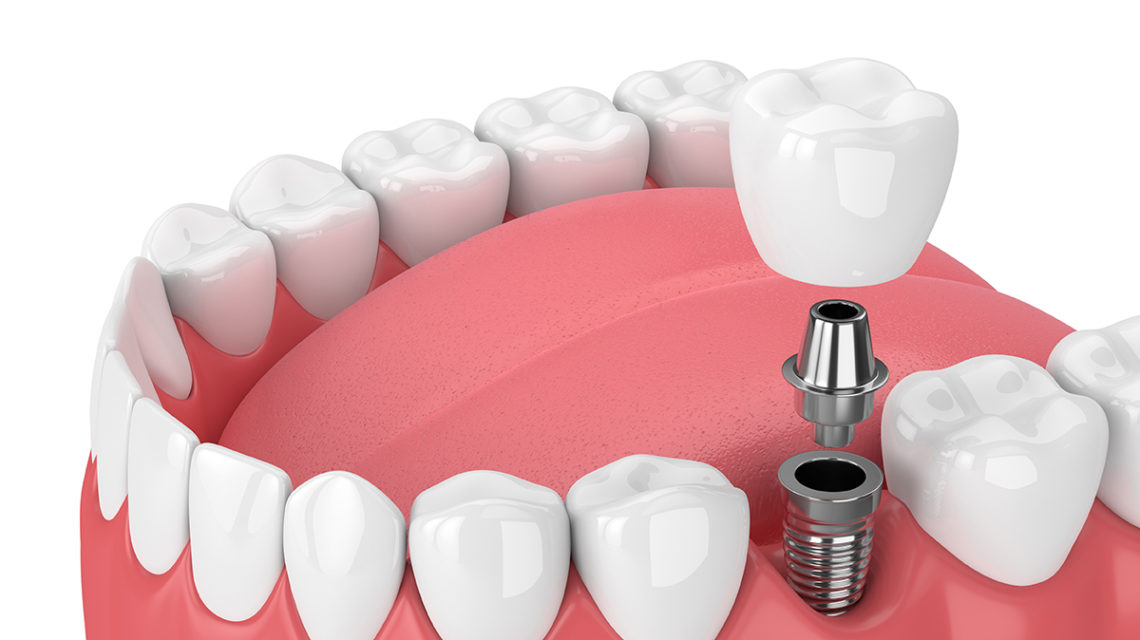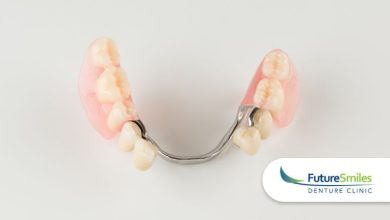How Long Do Implant Teeth Last: Unveiling the Lifespan of Dental Implants

Dental implants are designed to last a lifetime, although they require ongoing maintenance. They consist of a post that fuses with the jawbone and supports the artificial tooth, but can become loose if the bone decays or if proper oral care is not practiced, leading to plaque and tartar buildup.
So, regular flossing, brushing, and professional dental cleanings are necessary to ensure the longevity of implant teeth. However, it’s important to note that implant failure can occur in some cases, although it is relatively rare.

Credit: www.holisticsmilecare.com
Factors Affecting The Longevity Of Dental Implants
The longevity of dental implants can vary depending on several factors. One of the most important factors is maintaining proper dental hygiene practices. Regular flossing and brushing can help ensure the longevity of your implant by preventing the buildup of plaque and tartar.
Occlusal forces exerted on the implant can also affect its lifespan. Excessive biting or grinding can put strain on the implant and surrounding bone, potentially leading to implant failure.
Smoking and tobacco use can negatively impact the longevity of dental implants. Smoking can interfere with the body’s natural healing process, making it more difficult for the implant to integrate with the bone.
Overall health and medical conditions that affect bone density, such as osteoporosis or diabetes, can also impact the lifespan of dental implants. Poor bone density may make it more difficult for the implant to fuse with the bone.
The type of implant material used can also play a role in how long the implant lasts. Different materials have varying levels of durability and longevity.
In conclusion, while dental implants are designed to last a lifetime, factors such as dental hygiene practices, occlusal forces, smoking, overall health, and implant material can influence their longevity. By maintaining good oral hygiene, avoiding excessive biting or grinding, quitting smoking, and discussing any underlying health conditions with your dentist, you can help increase the lifespan of your implant.
Average Lifespan Of Dental Implants
Dental implants can last a lifetime with proper care, but there is a possibility of failure. Good oral hygiene and regular maintenance are crucial to ensure the long-lasting success of implant teeth.
| How Long Do Dental Implants Last? |
| Average Lifespan of Dental Implants |
| Studies and Research on the Lifespan of Dental Implants: |
| While dental implants can last a lifetime for many people, in some cases, they can fail. Implant failure typically happens due to various factors such as poor oral hygiene, teeth grinding, and decay. However, with proper maintenance and regular oral care, dental implants can provide a long-term solution for missing teeth. Studies have shown that the success rate of dental implants is around 95-98%, indicating their effectiveness and durability. Case studies on successful long-term implant patients further support the notion that dental implants can last for many years. Good oral hygiene practices, including regular brushing, flossing, and professional cleanings, play a crucial role in ensuring the longevity of dental implants. It is important to note that dental implants require ongoing maintenance and occasional replacements of components such as dental crowns or bridges to maintain their longevity. |
Maintenance And Care For Long-lasting Dental Implants
Implant teeth can last a lifetime with proper care and maintenance. Regular dental check-ups and cleanings are essential for keeping implants in good condition. These routine visits allow your dentist to assess the health of your implants and identify any issues early on.
In addition to regular check-ups, it is crucial to practice proper oral hygiene for implant longevity. This includes brushing and flossing daily, using antimicrobial mouthwash, and cleaning around the implant carefully to remove plaque and tartar buildup.
Avoiding habits that can damage the implant is also important. These include grinding or clenching your teeth, biting or chewing on hard objects, and smoking, as it can lead to implant failure.
If you experience any signs of implant failure, such as pain, swelling, or mobility of the implant, it is essential to seek professional help immediately. Timely intervention can prevent further damage and increase the longevity of your implant teeth.
Common Concerns And Misconceptions About Dental Implants
While dental implants can last a lifetime for many people, in some cases, they can fail. Generally speaking, implant failure typically happens when there is inadequate bone support or poor oral hygiene. Practicing good oral hygiene, such as regular flossing and brushing, can help ensure your implant lasts for many years. However, it is important to note that dental implants do require ongoing maintenance and upkeep. What we generally refer to as an “implant” actually consists of three parts: the post (the actual implant that is drilled into the bone to support the artificial tooth), the abutment (connects the post to the crown), and the crown (the visible part that looks like a natural tooth). Without proper oral care, plaque and tartar can accumulate around the implant, leading to potential complications. It is crucial to attend regular dental check-ups and follow the dentist’s instructions for proper care to ensure the longevity of your dental implant.
Frequently Asked Questions On How Long Do Implant Teeth Last
How Often Do Implants Need To Be Replaced Teeth?
Dental implants can last a lifetime with proper care, but they may need replacement in some cases. Good oral hygiene and regular maintenance can help extend the lifespan of implants. It’s important to note that implants consist of three parts: the post, which is drilled into the bone; the abutment, which connects the post and artificial tooth; and the artificial tooth itself.
If any of these parts become damaged or fail, replacement may be necessary.
Can Teeth Implants Last A Lifetime?
Dental implants can last a lifetime with proper maintenance and care. However, there is a possibility of implant failure in some cases. It is important to practice good oral hygiene and regularly visit your dentist for check-ups to ensure the longevity of your implant.
How Long Does A Dental Implant Screw Last?
Dental implant screws can last a lifetime with proper care. However, they may require ongoing maintenance to prevent issues like decay or loosening. Regular oral hygiene practices, such as brushing and flossing, are important for ensuring the longevity of the implant.
What Happens After 25 Years Of Dental Implant?
Dental implants are designed to last a lifetime, but they require ongoing maintenance. Like natural teeth, implants can accumulate plaque and tartar if not cared for properly. Good oral hygiene, such as regular brushing and flossing, can help ensure the longevity of your implant.
Conclusion
Dental implants are designed to last a lifetime, as long as proper oral care and maintenance are practiced. However, there are cases where implants can fail over time. Regular flossing, brushing, and routine dental check-ups are crucial in ensuring the longevity of your implant.
Additionally, factors such as teeth grinding and plaque build-up can impact the durability of the implant. By taking these precautions, you can significantly extend the lifespan of your implant and enjoy a healthy and confident smile for many years to come.





